Interventionl Neurology
- Home
- Podiatry
Interventionl Neurology
Interventional neurology is a minimally invasive medical specialty focused on diagnosing and treating neurological disorders, such as strokes, aneurysms, and blood vessel malformations, using advanced imaging techniques and catheter-based procedures. In India, the benefits include quicker recovery times, reduced surgical risks, and more effective treatment options for complex neurological conditions, making it an increasingly popular and accessible option for patients requiring specialized brain and spinal cord interventions. Choose Medkins Healthcare for expert guidance in accessing top international neurologists in India, with support to connect you with the right specialists and hospitals for your needs.
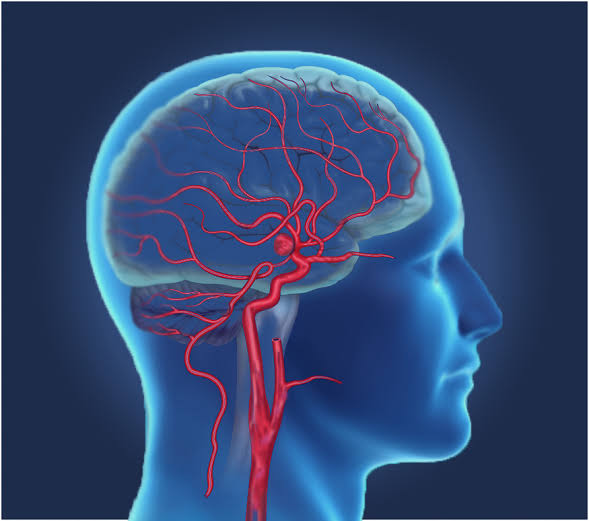
Diseases treated by interventional neurology alone or in combination with neurosurgery
Ischemic Stroke: Caused by a blockage in a blood vessel supplying blood to the brain, leading to reduced blood flow and brain cell death.
Hemorrhagic Stroke: Caused by bleeding in the brain due to the rupture of a blood vessel, leading to increased pressure and potential brain damage.
Brain Aneurysms: Weak, bulging areas in the wall of a brain artery that can rupture and cause bleeding or stroke.
Intracranial Arteriovenous Malformations (AVMs): Abnormal connections between arteries and veins in the brain that can lead to bleeding or seizures.
Cerebral Venous Sinus Thrombosis (CVST): A rare form of stroke caused by a blood clot in the brain’s venous sinuses, leading to increased intracranial pressure.
Carotid Artery Disease: Narrowing of the carotid arteries (in the neck) which can increase the risk of stroke.
Spinal Arteriovenous Malformations (AVMs): Abnormal blood vessels in the spinal cord that can lead to pain, weakness, or neurological deficits.
Atherosclerosis: Hardening and narrowing of arteries due to cholesterol and plaque buildup, which can affect blood flow to the brain and lead to stroke.
Conditions that can be Treated by interventional neurology alone or in combination with neurosurgery
Acute Ischemic Stroke: An emergency condition where blood flow to the brain is abruptly blocked, requiring prompt treatment to restore blood flow.
Chronic Carotid Artery Stenosis: Long-term narrowing of the carotid arteries that increases the risk of stroke.
Intracranial Hypertension: Increased pressure within the skull, which can be caused by various conditions including tumors or fluid buildup.
Subarachnoid Hemorrhage: Bleeding in the space between the brain and the tissues covering it, often due to a ruptured aneurysm.
Refractory Epilepsy: Seizures that do not respond to conventional treatments and may require interventional approaches for better management.
Procedures and Surgeries Performed by interventional neurology alone or in combination with neurosurgery
Mechanical Thrombectomy: A procedure to remove a blood clot from a blocked artery in the brain, usually performed during an acute ischemic stroke to restore blood flow.
Endovascular Coiling: A minimally invasive technique to treat brain aneurysms by inserting coils into the aneurysm to induce clotting and prevent rupture.
Endovascular Embolization: A procedure to block abnormal blood vessels, such as those in arteriovenous malformations or tumors, using various materials like coils or liquid adhesives.
Carotid Artery Stenting: Insertion of a stent into the carotid artery to keep it open and improve blood flow, often used in cases of severe stenosis.
Cerebral Angioplasty: A balloon is used to widen narrowed blood vessels in the brain to restore proper blood flow.
Intracranial Aneurysm Clipping: Surgical procedure where a metal clip is placed at the base of an aneurysm to prevent it from bleeding.
Spinal Arteriovenous Malformation (AVM) Embolization: A procedure to block abnormal blood vessels in the spinal cord to reduce symptoms and prevent complications.
Intra-arterial Thrombolysis: Delivery of clot-dissolving medication directly into the blood clot via a catheter to restore blood flow in cases of acute ischemic stroke.
Our Focused Specialties
Multi-Specialty Care Hub
Discover India’s diverse multi-specialty health departments and treatments. We’re dedicated to ensuring a healthier tomorrow, navigating the dynamic realm of Indian healthcare. Our wide range of specialties includes top-notch hospitals, selected based on quality and healthcare facilities. Join us for a personalized journey to optimal health and wellness.
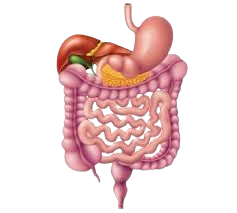
Gastro-intestine
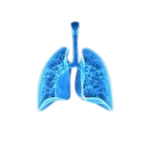
Pulmonology

Ophthalmology
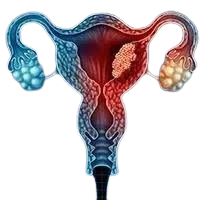
Gynaecology
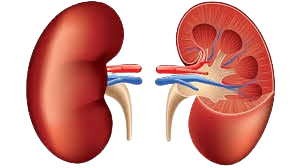
Nephrology
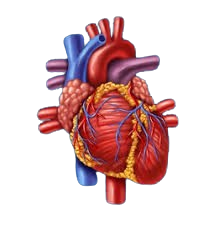
Cardiac
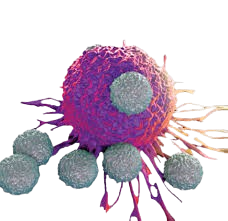
Hematology
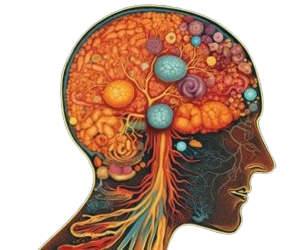
Neurology
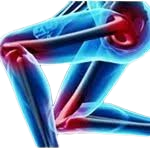
Bone & Joint
Looking for an expert !
Our Healthcare is home to some of the eminent doctors in the world

Dr Rajesh Sharma

Dr Sandeep Vaishya

Dr Sandeep Vaishya

Dr Rajesh Sharma

Dr Rajesh Sharma

Dr Sandeep Vaishya
Easy Access Links
- International Patients
- We & Why
- Core Specialites
- Common Procedures
- Hospitals
- Doctors
- Treatment Locations
- Way To Healing
- Wise to ask before
- Comfort and Satisfaction
